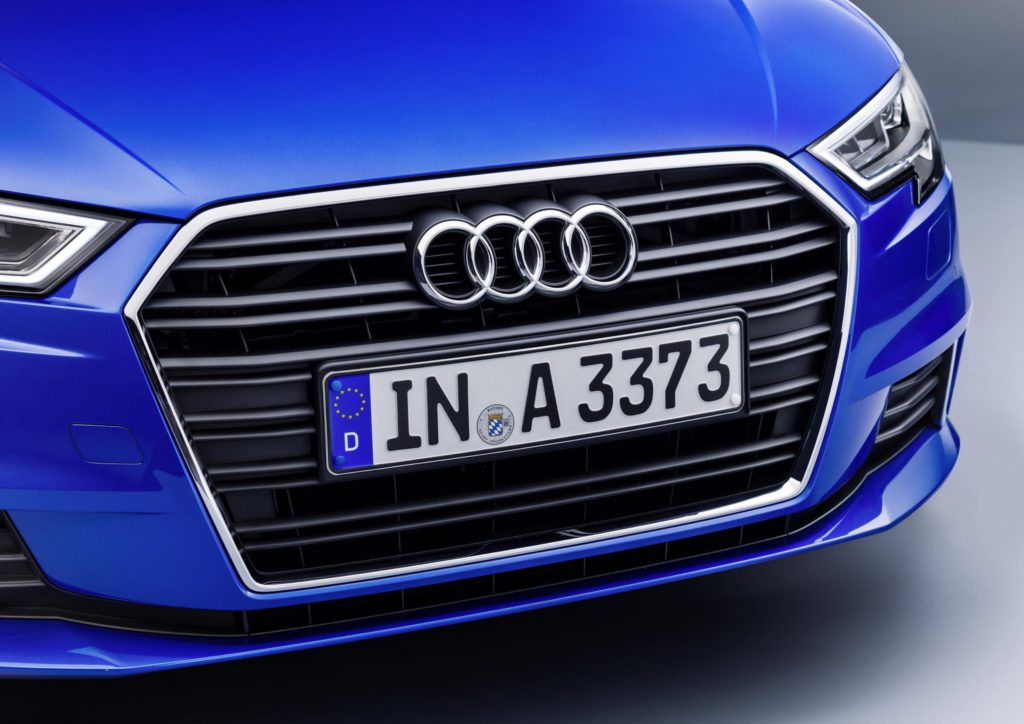Audi announces sensor partnership with Luminar
18 December 2018

18 December 2018
Audi’s autonomous driving division has announced a partnership with Luminar to provide technology to the German company’s project.
The collaboration with Autonomous Intelligent Driving (AID) will see the US-based company provide the forward-facing high fidelity and long-range LiDAR technology and accelerate plans towards AID’s first fully autonomous deployments in 2021. AID plays a key role as the urban autonomous driving technology supplier for the Volkswagen Group, including brands like VW, Audi and Porsche.
After launching in March last year, AID sought Luminar as its first partner in June to help realise its vision to deploy true and safe autonomy in urban environments and beyond. Luminar remains a key player as part of a larger partnership program by AID to accelerate their full-stack developments.
′Having started just last year, we aim to work with the best brands within the industry to accelerate our vision that will be realised across the entire VW Group,’ said AID´s chief technology officer, Alexandre Haag. ′Perception remains a bottleneck today for autonomous mobility, and we quickly worked to find the most powerful sensors to make the perception task easier. That’s where Luminar comes in — the technology is clearly above the pack regarding range and density, which is important for solving the challenging problems in autonomy.’
AID is currently testing its fleet on roads in Munich with Luminar sensors powering its forward-facing high fidelity and long-range perception. Headquartered in the heart of Munich, the team of now 140 across the globe is working on all aspects of software, including machine learning for perception and prediction, localisation, trajectory planning and interfaces. AID uses proprietary software and deep learning-based approaches to process all sensing modalities such as LiDAR point clouds, camera pixels, and radar echoes. This perception data will model the vehicle’s environment, both near and far, by detecting objects, vehicles, pedestrians and other challenging obstacles.
′AID is an ideal partner for Luminar with the backing and resources of the world’s largest OEM while maintaining a fresh software-minded spirit of a high-growth startup,’ said Luminar founder and chief executive officer, Austin Russell. ′Together, our teams can achieve rapid development with an agile, hands-on approach – combining hardware and software expertise to enable autonomous mobility service by 2021.’
What is LiDAR?
True autonomy requires better than human perception capabilities up to 250 metres into the distance, even for dark objects, to safely make crucial driving decisions. Luminar’s long-range, high-resolution LiDAR delivers the necessary performance to enable safe and reliable perception at distance. The sensor was custom designed at the eye-safe 1550 nanometer wavelength as opposed to the traditional 905 nanometers and utilises InGaAs rather than silicon to see this wavelength of light. 1550 allows for higher laser power and resulting ranges, allowing the LiDAR to see even dark objects out to 250 meters. Luminar is now is scaling up for mass production in its 12.600m2 production facility in an optics industry hub in Orlando, Florida.